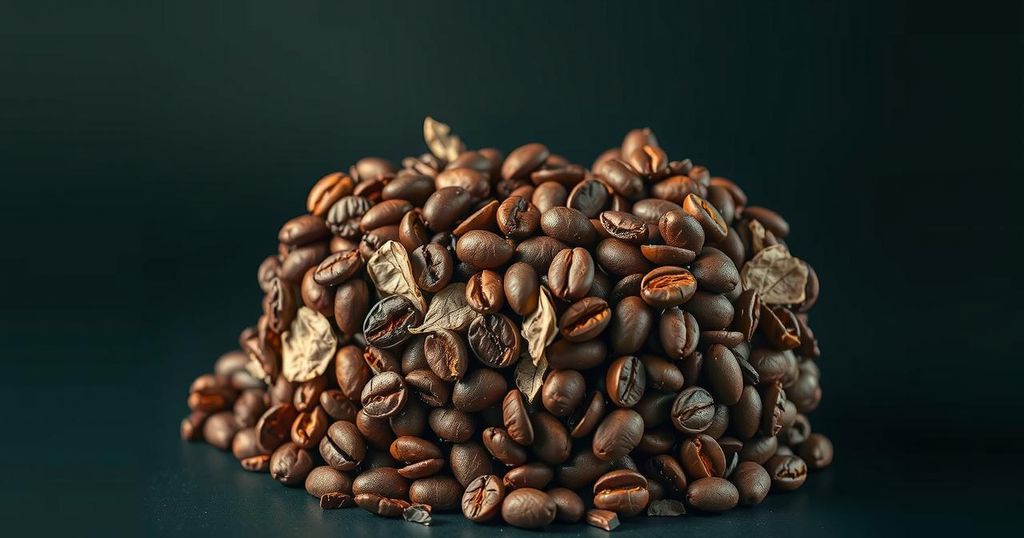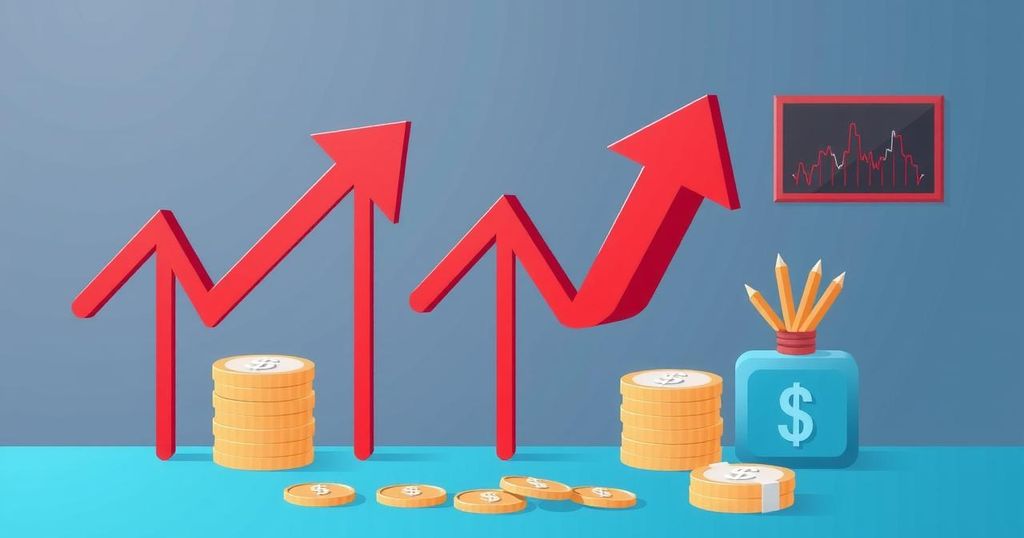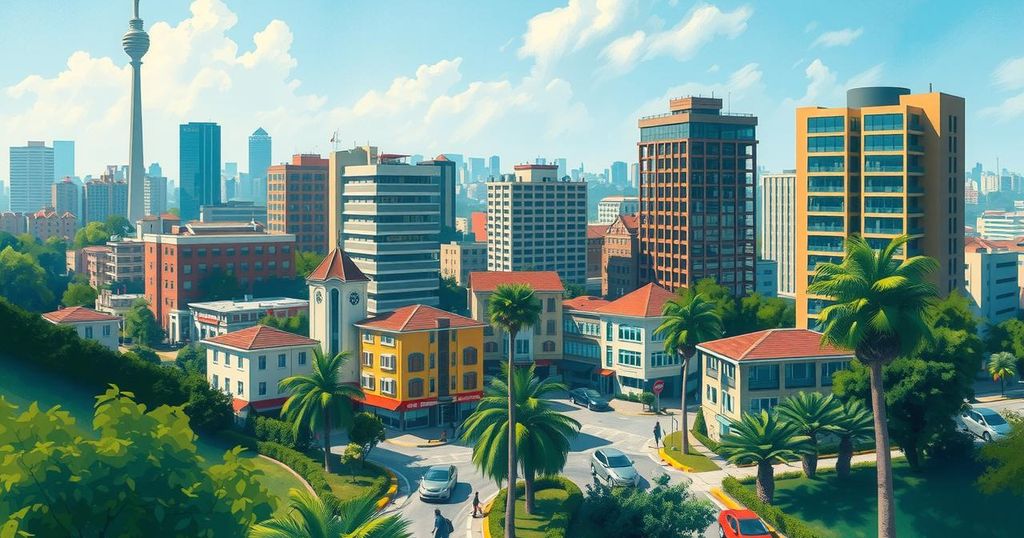Innovative Solutions Addressing Coffee Waste in the UK
The UK’s coffee consumption generates significant environmental waste, with 2.5 billion disposable cups and half a million tonnes of ground waste disposed of annually. Companies like ButterflyCup and bio-bean are pioneering innovative solutions to minimize this waste and create sustainable practices. Despite challenges in recycling, progress towards carbon neutrality by 2050 is being pursued actively in the sector.
The consumption of coffee in the United Kingdom has reached approximately 35 billion cups annually, contributing significantly to environmental challenges. Each year, over 2.5 billion disposable coffee cups are discarded, alongside roughly half a million tonnes of ground coffee waste directed to landfills. This sector also plays a role in national carbon emissions, prompting the government to strive for carbon neutrality by 2050. In response, several coffee companies are innovating to address these pressing issues. One such innovation is the ButterflyCup, a fully paper-based coffee cup devoid of plastic lining. Developed by Irish entrepreneurs Tommy McLoughlin and Joe Lu, the cup requires users to create a lid through two simple folds after filling. Despite being more expensive than conventional plastic-lined versions, it presents a cost-effective alternative to compostable cups that involve separate lids. While recyclability remains a challenge due to recycling centers’ contamination concerns, the ButterflyCup is designed to biodegrade naturally or be composted. This illustrates the necessity for a transformative approach to producing consumer products sustainably. Rich Riley, co-CEO of Origin Materials, discusses the fundamental shift required: “It’s a kind of ‘once-in-a-planet’ transition we’re looking at… from fossil-based [goods] to sustainable ones.” As innovation surges in the coffee sector, new enterprises explore eco-friendly methodologies. For instance, Ernie, a London-based company, combats single-use plastic waste by delivering coffee in reusable containers via a vintage electric milk float. Having formed partnerships with major clients, Ernie previously saved significant quantities of plastic from landfills; however, the pandemic necessitated a pivot to individual deliveries, impacting overall waste reduction efforts. Focusing on post-brew waste, bio-bean is transforming used coffee grounds into biofuel logs. By collecting waste from various cafes, bio-bean produces reusable logs, which, despite emitting carbon dioxide when burned, offer a more sustainable alternative to decomposing in landfills. Furthermore, innovations extend to coffee pods, which have gained popularity during the pandemic. The emergence of compostable pods allows consumers to recycle both the pod and its contents sustainably, contributing to a circular economy. This shift demonstrates a growing trend towards environmentally responsible coffee consumption. Although transitioning to sustainable coffee practices poses substantial challenges, industry representatives are optimistic about consumer support for such initiatives. “It’s a massive challenge and a global undertaking,” Riley notes. Sustainable innovations in the coffee industry showcase a proactive approach to diminishing the environmental footprint of this beloved beverage. Despite the hurdles, industry optimism persists, hinging on consumer willingness to embrace a greener coffee culture.
The coffee industry significantly impacts the UK economy and environment, with billions of cups consumed annually and substantial waste generated throughout the supply chain. The government has mandated carbon neutrality by 2050, motivating businesses to seek innovative solutions to mitigate their environmental impact. This context provides a backdrop for the emergence of new companies and products aimed at reducing waste in coffee consumption, navigating challenges related to recycling, and transforming waste into useful materials.
In conclusion, the evolving landscape of the UK coffee industry reflects a determined effort towards sustainability amidst growing environmental concerns. Innovations like the ButterflyCup and bio-bean’s biofuel logs exemplify the potential for reducing waste and carbon emissions. While challenges remain, the optimism of industry leaders indicates a promising path toward a more sustainable coffee culture, reliant on consumer engagement and support.
Original Source: www.bbc.com




Post Comment